It’s nicknamed the “city of dreams,” and it seems the Austrian capital may just be a dream place to live. The ranking of the world’s most liveable cities for 2023 has just been released by the Economist Intelligence Unit (EIU), and Vienna has come out on top yet again.
The EIU, a sister organization to The Economist, ranked 173 cities around the world on a number of significant factors, including health care, education, stability, infrastructure and environment.
Vienna held onto its first place spot on the EIU’s Global Liveability Index, winning praise for its reliable infrastructure, standout culture and entertainment and impeccable education and health services.
The city, which has occupied the top position several times over the years, was closely followed by Denmark’s Copenhagen, which retained its second place position.
Big comebacks
“Of the five categories covered by our index, only stability has seen a decline,” says Barsali Bhattacharyya, Industry Research Manager, EIU.
“Strains on public order and economic headwinds have also increased instances of crime in some cities, and this will continue to be a risk for the future.
“All of this suggests that stability scores in our Liveability Index are unlikely to recover quickly.”
Honolulu, Hawaii’s biggest city was the highest US entry, coming in 25th place.
The popular destination, home to the famous Waikiki beach, moved up six spots this year thanks to improvements in health care scores, “partly owing to the removal of covid-related stress on its healthcare system.”
However, fellow US cities San Diego, which ranked at 61 on the list, and Los Angeles, 57, both dropped 17 places.
There was little change at the bottom of the list this year, with those cities plagued by ongoing civil unrest and military conflicts, amongst other issues, scoring the lowest.
Algeria’s Algiers, Libya’s Tripoli and Syria’s Damascus were ranked the three least liveable cities in the world.
Damascus, consistently one of the lowest-ranked cities in the survey, has seen no improvement in its liveability scores this year.
However, Ukrainian city Kyiv, which was missing from the 2022 list due to Russia’s invasion in February 2022, fell down the list this year as a direct result of the impact of the war, and is now ranked among the 10 least liveable cities in the world.
“The war in Ukraine and the resulting economic and political disruption are affecting liveability in many European cities,” reads the report.
“Unsurprisingly, this is most noticeable in Ukraine’s capital, Kiev, which re-joins the survey this year.”
2023’s Global Liveability Index: The top 10
10. Osaka, Japan
The end of COVID-19 restrictions saw a significant boost to many cities in the Asia-Pacific region. Osaka, Japan’s third most populous city and one of its most multicultural, was one of the beneficiaries of increased scores in its culture and environment ratings thanks to the withdrawal of the COVID-era measures.
9. Toronto, Canada
The lowest-ranking Canadian city in the top ten, Toronto is another consistent performer when it comes to the annual rankings. While it has slipped one spot from 8th place to 9th in 2023, its stability score increased this year after anti-vaccine protests last year had caused a dip.
7. Geneva, Switzerland
Continuing the trend of European cities falling back in the rankings, Geneva has retained a spot in the top 10 again this year. While it slipped from 6th to 7th place, the Swiss city saw a boost to its education scores this year. It is generally rated as one of the best cities to live but it is also one of the most expensive to live in, with consultancy firm Mercer rating it third in its annual global list.
7. Calgary, Canada
Europe is not the only continent to have seen a slip in the rankings. While no cities from the United States appear in the top 10, Canadian cities are usually well represented. However, in 2023, cities like Calgary have also dipped. It was joint third in 2022, but this year the biggest city in Alberta province has slid to joint 7th this year. Its culture and environment score was its biggest drawback, pulling down its overall index score in spite of perfect scores in stability, infrastructure, education, and healthcare.
6. Zurich, Switzerland
Switzerland’s largest city Zurich has slipped down from third place to sixth over the past year. While it is included in the top 10 of the Global Liveability Index, Zurich – like Geneva – was also rated as one of the world’s most expensive cities to live and work in as an expat, according to Mercer’s 2022 Cost of Living Survey. It was second only to Hong Kong in the consultancy firm’s annual report.
5. Vancouver, Canada
Vancouver is a non-mover in fifth spot, with its stability score up from last year after anti-vaccine protests dragged it down.
4. Sydney, Australia
COVID-19 had a very notable impact on Australian cities like Sydney, but the easing of restrictions has seen them dethrone European cities in the top 10. As well as its healthcare system getting a perfect score, the city’s education and infrastructure also received scores of 100.0.
3. Melbourne, Australia
As with Sydney, Melbourne’s ranking was dented by significant pressures on many aspects of city life caused by the COVID-19 pandemic. Several waves of the virus threatened to overwhelm the city’s healthcare system but this year, this particular factor has been given a perfect score of 100.0 by the Economist, helping Melbourne to return to the top 10.
2. Copenhagen, Denmark
In second place for a consecutive year is Copenhagen. Denmark is consistently listed as one of the happiest countries in the world in which to live, and this is certainly reflected in the scores for each category in the Economist’s liveability report. It continues to have high scores across the board, including perfect scores of 100.0 for education, infrastructure, and stability.
1. Vienna, Austria
No change at the top – Vienna retains its crown as the most liveable city in the world for another year. The Austrian capital has dominated the rankings in the last 10 surveys, coming first in eight of them. It was only knocked off its perch by the COVID-19 pandemic when many of its museums and restaurants shuttered their doors.
The report noted that Vienna continues to offer “an unsurpassed combination of stability, good infrastructure, strong education, and healthcare services, and plenty of culture and entertainment”. The only flaw, it said was a lack of major sporting events.



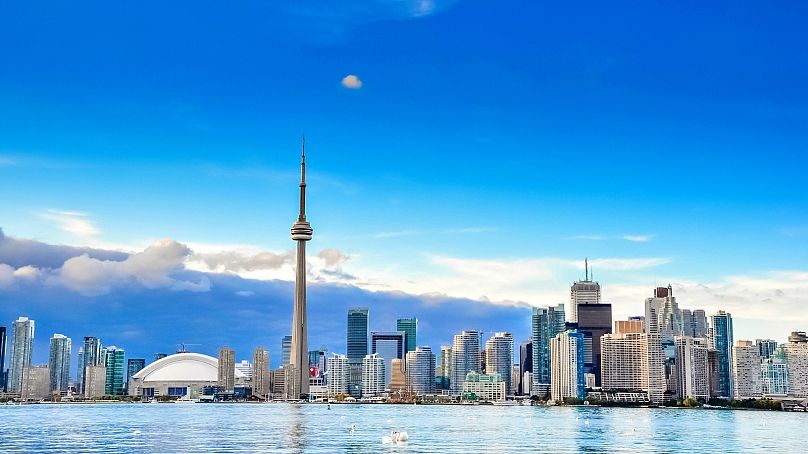
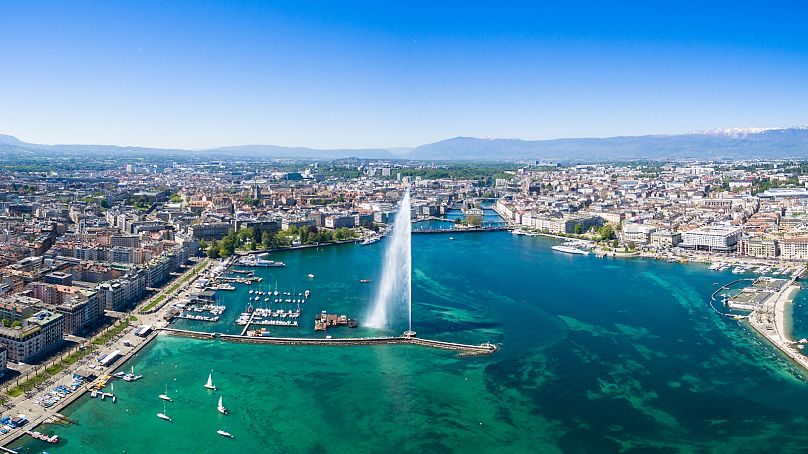

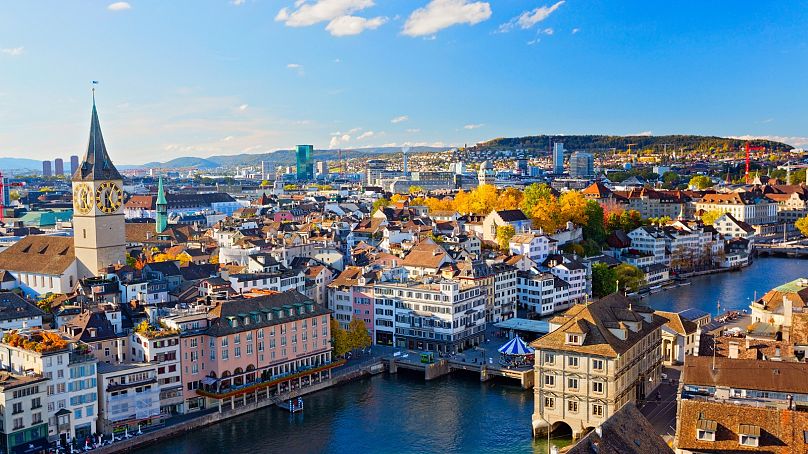

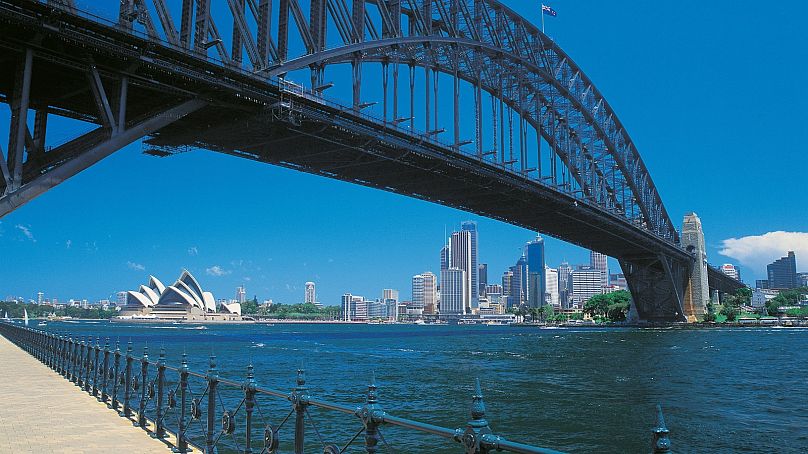
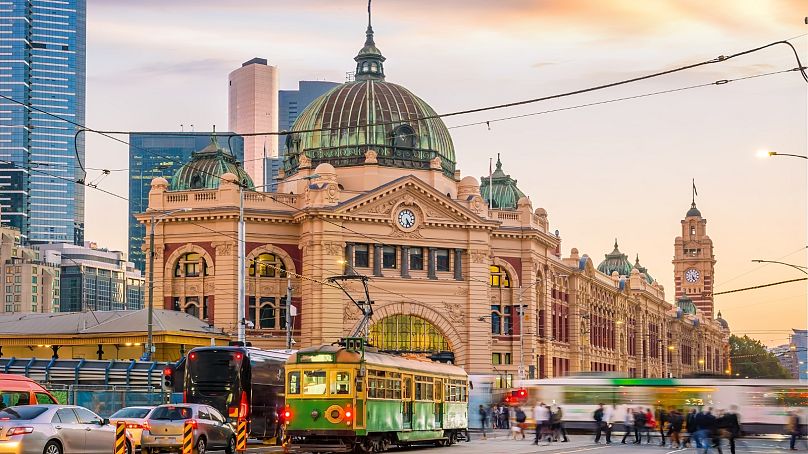
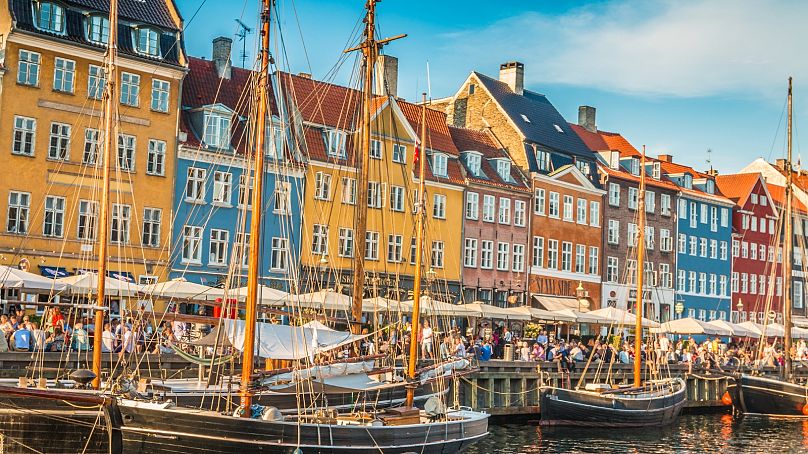










 American Dollar Exchange Rate
American Dollar Exchange Rate